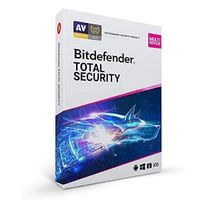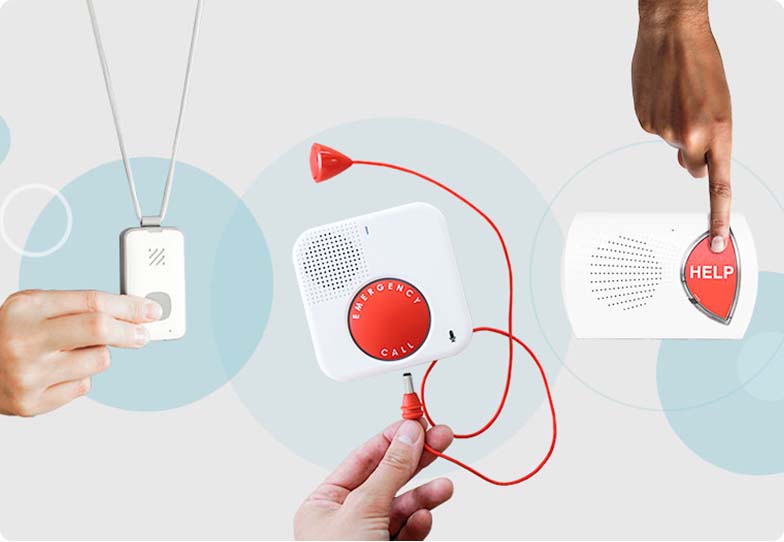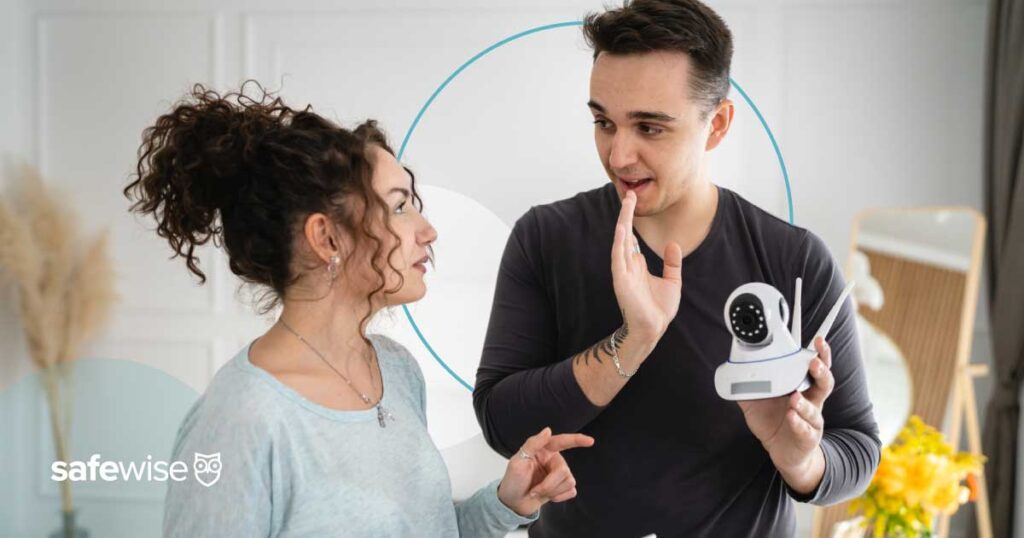We went straight to IT security expert Pete Canavan to get the scoop on this nuanced topic. According to Pete, computer viruses are programs designed to “destroy, delete or damage computer files and entire computer systems.”
They’re called viruses because they “replicate themselves to infect other programs and systems,” Pete explains, adding that viruses tend to come from “email attachments and files transferred via external drives or network shares.”
Malware is short for “malicious software.” According to Pete, malware is “any software installed on a system that performs unwanted tasks for the benefit of a third party.” That benefit could be to steal your passwords (like the infamous Trojan malware), mine bitcoins, or make it impossible to access certain files.
Antivirus software doesn’t need to be too fancy because viruses are, according to Pete, “known, lingering threats.” Software engineers know what to expect from viruses and how to keep them at bay.
Malware, on the other hand, is constantly changing thanks to artificial intelligence and machine learning. Malware protection has to be capable of combating zero-day exploits—meaning brand-new, never-before-seen malware.
Getting antivirus software alone won’t protect you from malware, and vice-versa. Fortunately, many companies bundle antivirus and antimalware protection into one product.
(We go into more detail about what to look for when choosing an antivirus or antimalware program below. Jump there now.)




